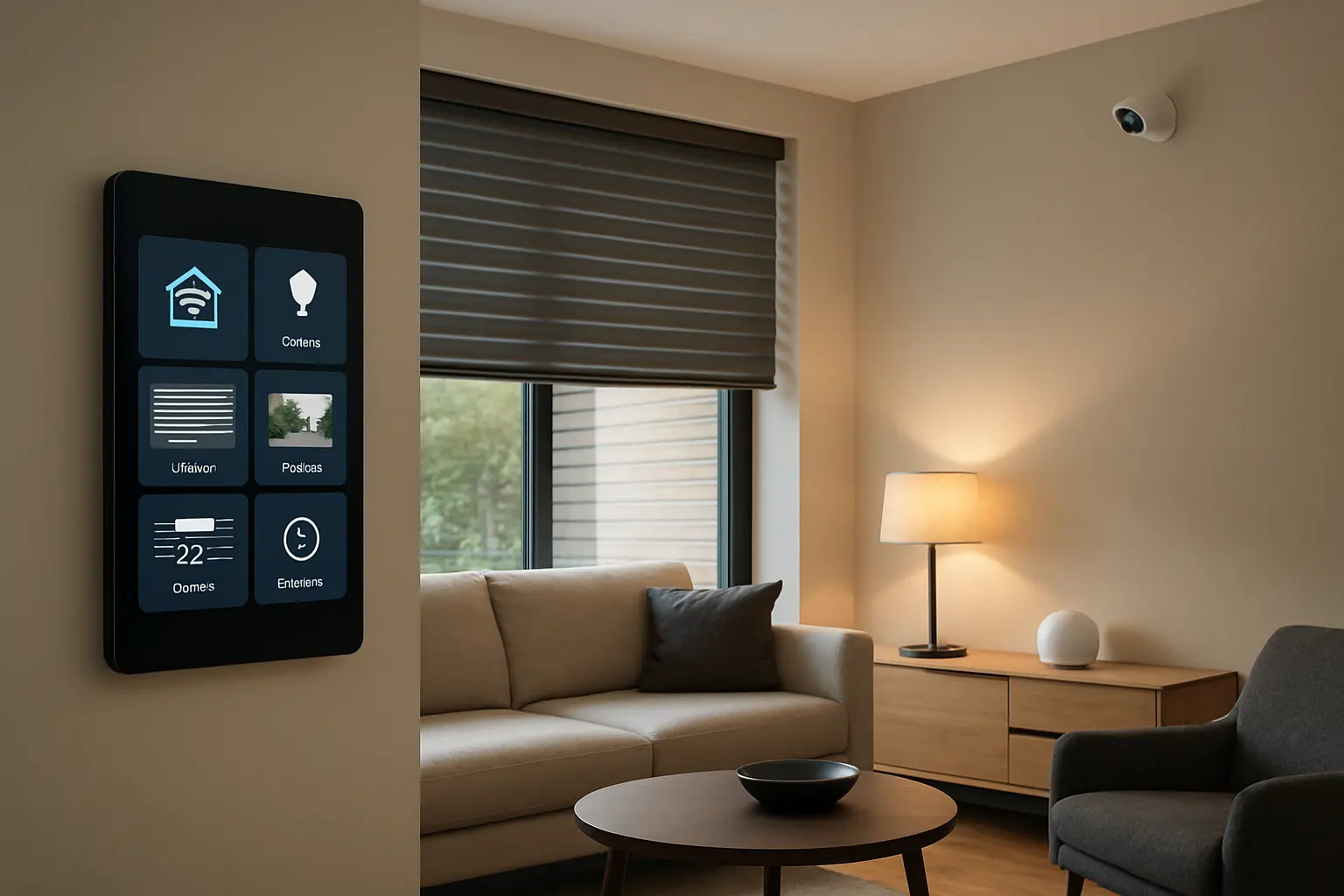Smart Home Integration: The New Standard in Modern Real Estate
How cutting-edge technology is revolutionizing property values and changing buyer expectations across all market segments

The Evolution of Smart Home Technology in Real Estate
Smart home technology has undergone a remarkable transformation in the real estate market. What was once considered a luxury add-on has now become a standard expectation among property buyers across all market segments. Industry data shows that properties equipped with smart technology command premium prices and spend significantly less time on the market.
The shift from novelty to necessity has been driven by several factors:
- Increased awareness of energy efficiency benefits
- Growing emphasis on home security
- Rising demand for convenient, connected living spaces
- Enhanced property management capabilities
Top Smart Home Features Driving Property Values
Modern buyers are particularly attracted to properties that incorporate these high-impact smart technologies:
Security and Access Control
- Smart doorbell systems with video capabilities
- Biometric and smartphone-based entry systems
- AI-powered surveillance cameras
Climate and Energy Management
- Smart thermostats with zone control
- Automated lighting systems
- Energy consumption monitoring platforms
Properties with integrated smart climate control systems report up to 23% reduction in energy costs, making them increasingly attractive to cost-conscious buyers.
Integration Strategies for Property Owners
Implementing smart technology doesn't have to break the bank. Property owners can take a phased approach to integration:
Essential Starting Points
- Begin with core security features
- Install smart thermostats and lighting controls
- Implement a central hub system
Advanced Integration
Once the basics are in place, consider adding:
- Whole-home automation systems
- Smart appliance networks
- Voice-controlled features
Future-Proofing Your Investment
The key to maintaining property value lies in selecting scalable smart home systems that can adapt to future technological advances. Consider these aspects when planning your smart home strategy:
- Choose systems with regular software updates
- Opt for devices that support multiple protocols
- Install expandable hub systems
- Focus on wireless solutions for easier upgrades
The integration of smart home technology represents more than just a trend; it's a fundamental shift in how we value and interact with our living spaces. As technology continues to evolve, properties that embrace these innovations will maintain their competitive edge in the market.
Smart home integration is no longer about keeping up with the Joneses—it's about staying relevant in a rapidly evolving real estate landscape.


